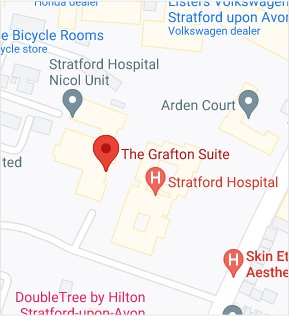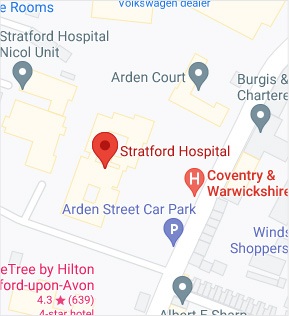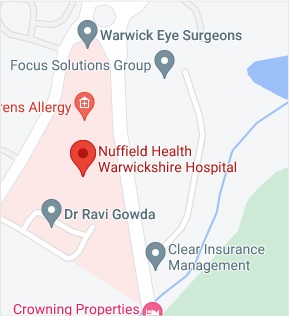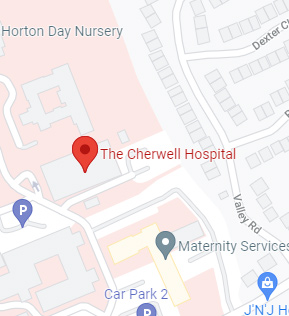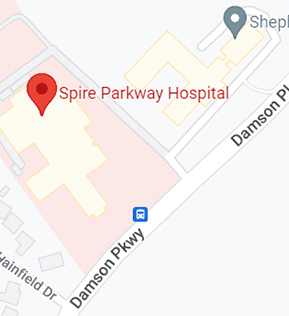Causes of Wrist Pain
The wrist is a commonly injured joint in the body. Problems include sprains and strains as well as fractures that can occur with lifting and carrying heavy objects, while operating machinery, bracing against a fall, or from sports-related injuries.
Common Wrist Injuries
Some of the common wrist injuries include:
Sprains and Strains
Sprains and strains are the two most common types of injuries affecting the wrist. A sprain refers to an injury to a ligament and a strain refers to a muscle injury.
They occur due to excessive force applied during a stretching, twisting or thrusting action. Most sprains and strains will repair themselves with adequate rest, ice application, compression and elevation. Surgery is occasionally required to repair the damage.
Ligamentous Injuries
Ligaments are tissues that connect bones to other bones. They are made up of several fibres and one or all the fibres may be involved. Complete ligament injury occurs when all the fibres are torn. A ligament injury may cause pain and swelling and limit the movement of the wrist joints.
Ligament injuries are effectively treated with splinting and taping and restricting the movement of the injured structures.
Fractures
A fracture is a break in the bone which occurs when more force than the bearable limit is applied against a bone. Crushing injuries to the wrist occur due to high degrees of force or pressure and may also cause fractures.
A fracture may lead to severe pain, swelling, bruising or bleeding, discolouration of the skin and limit the mobility of the limb.
Fractures of the wrist bones can be treated by using a cast or splint while the bone heals. Sometimes, surgery may be needed where plates, pins or screws may be placed to keep the joint stable while healing.
Repetitive Trauma Syndrome
Repetitive stress injury occurs because of repeated similar movements for long periods of time. This often causes pressure on the joints resulting in inflammation, pain and decreased function in the extremity.
The condition is more likely to develop with repetitive, rapid, forceful and prolonged movements of the wrist, or from vibration or frequent pushing, pulling or carrying heavy objects. Carpal tunnel syndrome is the most common of these syndromes.
Carpal Tunnel Syndrome
Carpal tunnel syndrome is a condition characterised by numbness or pain in the thumb and first two fingers and occurs when the median nerve is compressed at the wrist. It is a common complaint in individuals who use their hands for prolonged periods of time in an occupation such as computer work.
Immobilisation of the affected part for a certain period may help heal the condition. Medications, physiotherapy and surgery may also be recommended. Often, splinting for a short period of time can treat the condition.
Any problem causing pain, swelling, discolouration, numbness or a tingling sensation, or abnormal position of the wrist that persists for more than two or three days should be evaluated by your doctor to establish the cause and obtain the best treatment as early as possible.


 REQUEST AN APPOINTMENT
REQUEST AN APPOINTMENT



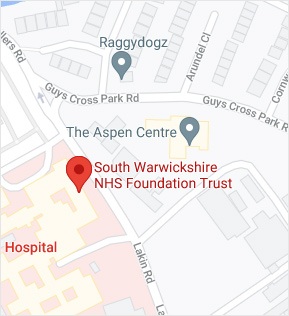
 Ext 4798
Ext 4798